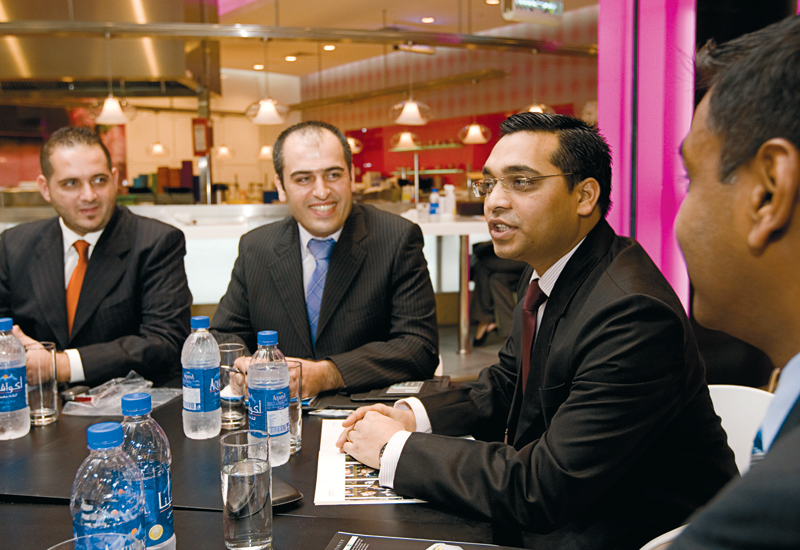What are the best ways of ensuring staff are comfortable in their roles and can confidently deal with customer complaints?
Anderson: The floor manager should be able to feel the pulse of what’s going. They need to let the staff know that they can be open with each other and that a problem can be fixed before it leaks. If it can be solved, then there is a chance that the customer will return to the outlet. I think it’s important to let the staff know that if there is a problem it will be OK, and then to nip it in the bud before it becomes a bigger problem.
Agale: As a manager, time management is important, as are table revisits. You need to be aware of your business times and when you’re going to get busy. Make sure you know your business inside out and pass this information onto your staff. Be a role player to your staff.
Haj Ali: It’s important to get customer feedback from complaint forms or from a table visit by the store manager. Then analyse that data; we have a special team that is doing this in collaboration with the marketing team. We explain to our staff that it is important to apologise to the customer and thank them for coming to the outlet.
Harb: From my point of view, it is very important to make sure everything is ready for the customer rush during the shift. You have to remind your staff about the shift’s target and how much they have achieved throughout. You need to thank staff for the good job they have done, thank them for achieving the target and push them if necessary.
As for the customer’s point-of-view, mistakes will happen. It’s the manager’s problem to take care of this, but the staff should also take some responsible action. We train our staff and support them in taking decisions before going to the managers. Table visits are the most important thing and anyone running the shift should be very specific in asking questions to find out if anything went wrong.

Advertisement
Does the lack of a tipping culture affect standards?
Anderson: In the US market, you have career waiters and bartenders who have taken care of their families and put their children through college, thanks to the great money and great tips they earn. They are encouraged to up-sell and they want to push the bill higher, as it will improve their tips. In the US tips work out at a minimum of 15% of the final check and in the current culture it’s about 20%. It’s an incentive to up-sell and to give impeccable service.
In this region, there is no tipping culture whatsoever. If there was, it would take some pressure off an organisation, because you would be able to pay a lower salary and because staff would be taking home better tips — it would be a win-win situation.
Kumar: The US system is similar to the one in South Korea. I was working in a restaurant there and we would expect a 10% tip. Although we only had eight staff, we knew we would be able to share the tips and take more money home. In a coffee shop or a casual dining outlet however, you are not getting any tips so you have to live off your salary. In this region, tipping is simply not as strong.
Wills: There’s no recognition with tips. It’s pooled together and the worst employee will often get the same as the best. It’s the same with salary; if the guest is not recognising staff members for their service, then the employer should recognise them for their efforts.









 Search our database of more than 2,700 industry companies
Search our database of more than 2,700 industry companies









